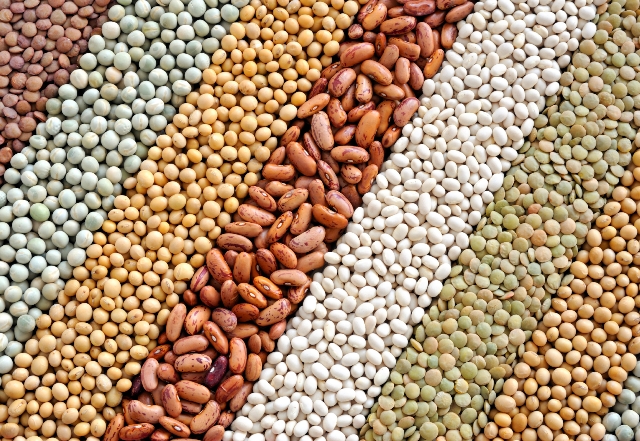
There was a time when India was deficient in pulses and there is time now, when India is producing record pulses. After independence, the government was tensed and perplexed about feeding the huge population and the government is still tensed about the huge supply of it. Amid the abundant supply of pulses in the market, the prices are falling sharply which is a source of major disappointment amongst the farmers of the country. It has taken huge toils by the government to encourage the farmers to grow pulses and the outcomes have started to entertain the market with the huge supply of the same.
But the excessive supply has hurt the market prices, due to the constant demands. The pulses in the market are drawing prices lower than Minimum Support Prices (MSP). The domestic pulse market is agog with reports that the government is considering levying an import duty on pulses, especially yellow peas, in order to lift indigenous pulse prices, most of which are ruling below the minimum support price.
To support the farmers, and to check the supply of pulses in the market, government is framing ideas to put import duties to defend the Minimum Support Price (MSP) it has announced for pulses and ensure that growers do not suffer low prices. If MSP is not well defended, it could potentially lead to protests.
Another practical way to defend MSP is to strengthen procurement operations across major producing centers. The current season will be the real test for the government to prove its ability to genuinely support pulse growers through robust procurement operations. Major pulses that are imported are yellow peas, chickpeas (chana) and lentils (masur).
Specifically, yellow pea is the most economical pulse available in the global market, and in abundance. Canada, Russia and Ukraine are the origins from where we import yellow pea at rates as low as $300-350 a tonne. In other words, yellow pea provides the most economical vegetable protein for the protein-starved people of this country.
The pulse (peela matar) is now being widely used especially in the eastern parts of the country, in States such as Uttar Pradesh, Bihar, Jharkhand, Bengal as also the north-eastern States. Indeed, during the dal price crisis of 2015-16, it was the availability of imported yellow pea that provided a big relief to consumers in the eastern zone. Steady supplies of yellow pea imparted price stability to the overall pulse market, unlike tur/arhar.
In recent years, yellow pea has proved to be a good substitute to chickpea and continues to keep chickpea prices on a leash. We saw the chickpea market reach unprecedented levels in 2016 (over ₹10,000 per quintal versus an MSP of ₹4,000) even after suspension of futures trading. Even now, chickpea prices are well above the MSP; and the availability of yellow pea at economical rates is holding chickpea prices from running away.
There is anecdotal evidence that yellow pea flour is blended with chickpea flour. While any such blending is unauthorised and should fall within the ambit of the country’s food safety and standards law, food technologists assert that such blending actually advances consumer interest and does absolutely no harm.










